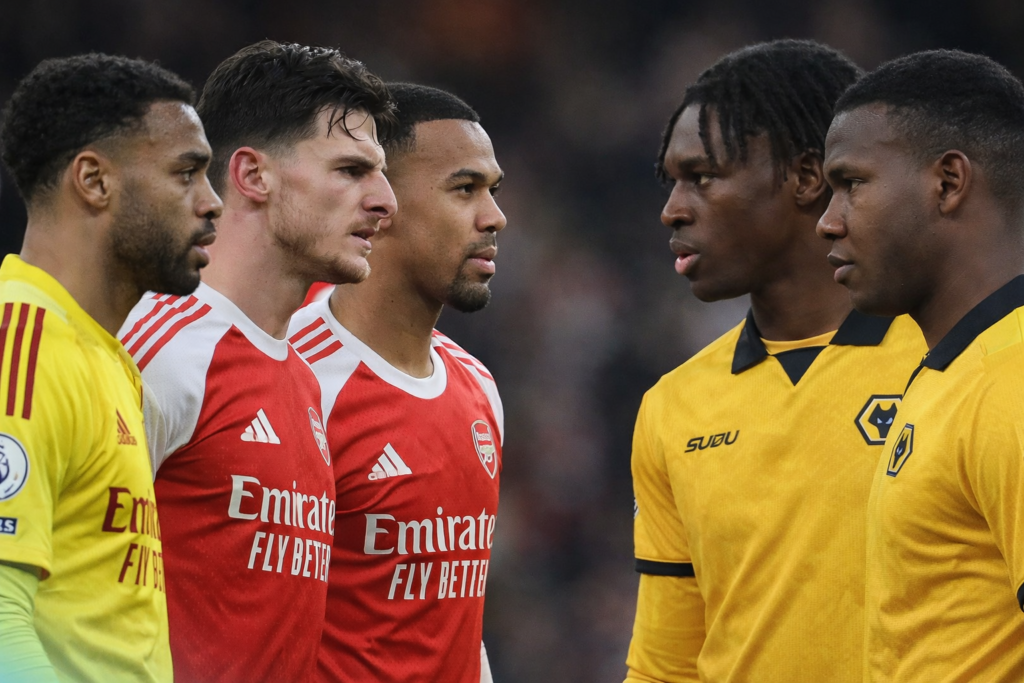Haaland. Just one name and it’s enough to divide the Fantasy Premier League (FPL) community into two camps – those with and those without. This season, Haaland owners and non-owners alike are constantly battling the ups and downs that come with either decision. In this blog, I’ll look at how this debate is shaping up, the impact on FPL rank, and whether it’s worth being brave enough to go Haaland-less for the long haul.

Image source: CaughtOffSide
The Rollercoaster of Ranks
Owning Haaland has felt like riding a high-speed rollercoaster for many. As some managers pointed out, FPL ranks have swung wildly. One manager described how they moved from 300k to 1.1 million, then back to 400k within just two weeks – an emotional whirlwind that Haaland’s performance (or lack thereof) tends to trigger.
On the flip side, non-Haaland owners have enjoyed their own surprises. One FPL manager, starting the season without Haaland, expressed disbelief at seeing green arrows and rising to the top 40k. It’s proof that avoiding Haaland, while risky, isn’t necessarily the death sentence many assume it to be.
Rank Swings: Why So Noisy?
At this point in the season, ranks are still highly volatile. One key factor here is Haaland’s extremely high ownership. Last gameweek, Haaland’s expected ownership (EO) was around 170%. This means if you don’t own him, and he hauls, you could experience a massive drop in rank – up to 2 million places, according to some estimates.
But here’s the thing: owning Haaland isn’t always a guaranteed safety net. If your squad is balanced with other premium options like Salah, Watkins, or Saka, you’re still in the game. One user even pointed out how they’re managing well without Haaland because their starting seven attackers are outperforming Haaland-based teams filled with budget players like Smith-Rowe and McNeil. These value players simply aren’t matching the consistency of higher-quality assets.
Is It Time to Jump on the Haaland Train?
The key question here: is it worth sacrificing your balanced team to fit Haaland in? One user suggested they’re leaning towards a -4 transfer to bring Haaland in for gameweek 9. With favorable fixtures, especially at home to weaker sides, Haaland could easily hit a couple of big hauls and punish non-owners. Many FPL managers have the fear of missing out (FOMO) when it comes to those explosive performances.
But making the leap to Haaland isn’t straightforward. You’ll need to make sacrifices – often downgrading two or three other players in your squad. One manager reflected on the pain of “ripping up a good squad” to make room for Haaland ahead of a juicy fixture run. It’s a decision that could backfire, especially if injuries or poor form derail your team balance.
Can You Play It Safe Without Haaland?
While having Haaland feels like the safer route due to his high ownership, there are ways to be brave and stick to your guns. Some managers are keen to play the game without Haaland for as long as possible, suggesting that success comes from targeting the right players at the right times. One strategy involves rotating your premium assets – maybe starting with Haaland for gameweeks 9-11, and then moving him out for Salah or another premium after that.
The best advice? Plan ahead. Build up your free transfers and stay flexible, especially with international breaks and potential injuries. One manager highlighted how they’ll use their three free transfers in gameweek 9 to make the big moves – whether that’s getting Haaland in or switching him out for someone else later.
Conclusion: Play Your Own Game
The great Haaland debate will likely continue for the rest of the FPL season. Both Haaland owners and non-owners can be successful – it all comes down to how you manage your squad and navigate those rank swings. Remember, there’s more than one way to play FPL, and being brave might just pay off.
So, whether you’re sticking with Haaland or taking a different route, just make sure to plan ahead and back your decisions. After all, that’s what makes FPL so exciting – the highs, the lows, and everything in between.
Want to read more articles like this? Check out the other blog articles here




